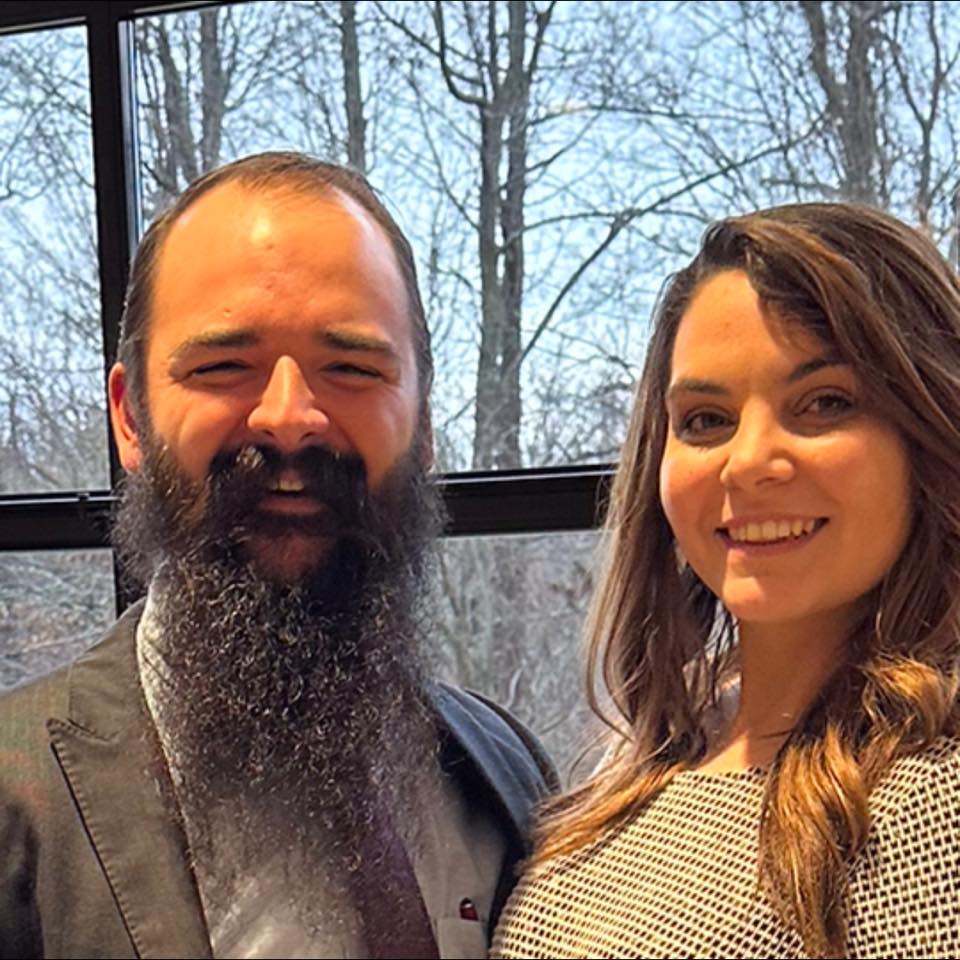Beat the Heat
I would say we were crying for relief, but our bodies were too dehydrated to produce tears. The scorching sun spewed its wrath upon us as we hiked on trails desolate of shade. We sizzled like bacon in an iron skillet with every step on the preheated rocks. Although we guzzled water and paused for a break every half hour, the blistering heat convinced us that we had a fever.
We couldn’t sleep. We couldn’t eat. The boiling humidity evaporated every ounce of our strength, and all we wanted was one moment of cold refreshment. Fortunately for us, a nippy swimming hole lay only a few miles away. We dove into the rejuvenating oasis, rested on the surface a while, and swore off camping in the angry mid-July heat.
You know how we felt if you’ve ever camped in the peak of summer or pushed yourself too hard in sultry weather. One man knew exactly how we felt: king David. He once wrote in the Psalms,
“Blessed is the one whose transgression is forgiven, whose sin is covered. Blessed is the man against whom the LORD counts no iniquity, and in whose spirit there is no deceit. For when I kept silent, my bones wasted away through my groaning all day long. For day and night your hand was heavy upon me; my strength was dried up as by the heat of summer” (Psalm 32:1-4).
There is one difference between us and David, however. He wasn’t parched by summer’s searing heat waves because of a poorly planned camping trip. Instead, he felt the heat of God’s discipline sapping him of strength because he dealt poorly with his sin.
He celebrates the blessedness and freedom of forgiveness, but acknowledges that he forfeited the enjoyment of such forgiveness because he failed to confess his sin. He kept quiet about it. He hid it inside. And his unconfessed sin caused the heavy hand of God’s fatherly discipline to come down upon him and drain him of all his vigor and joy, just as the torrid heat of summer dries up all your energy.
I have felt the heat of God’s discipline. David felt the heat of God’s discipline. Have you?
The good news is that the discipline of the Lord is evidence that you truly belong to Him (Hebrews 12:7). However, the hand of the Lord will dry up your strength until you dive headfirst into the oasis of confession. The longer your sin remains unconfessed, the more God will vaporize your gladness and spiritual stamina. Crying out to God in confession is the only way to cease crying for relief. You must do as David in the following verse: “I acknowledged my sin to you, and I did not cover my iniquity; I said, “I will confess my transgressions to the LORD,” and you forgave the iniquity of my sin” (v. 4).
Bible Gleanings is a weekend devotional column, written for the Murray Ledger & Times in Calloway County, Kentucky. In the event that the column is not posted online, it is be posted for reading here.




